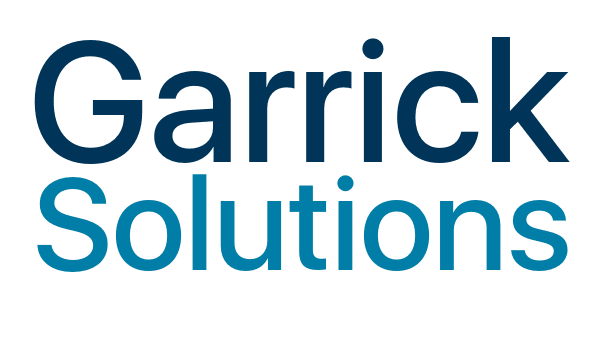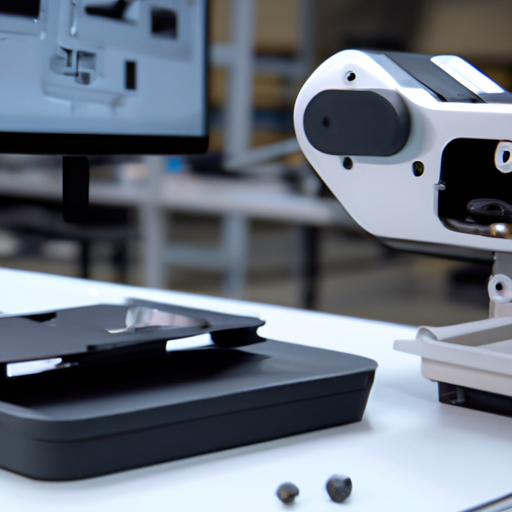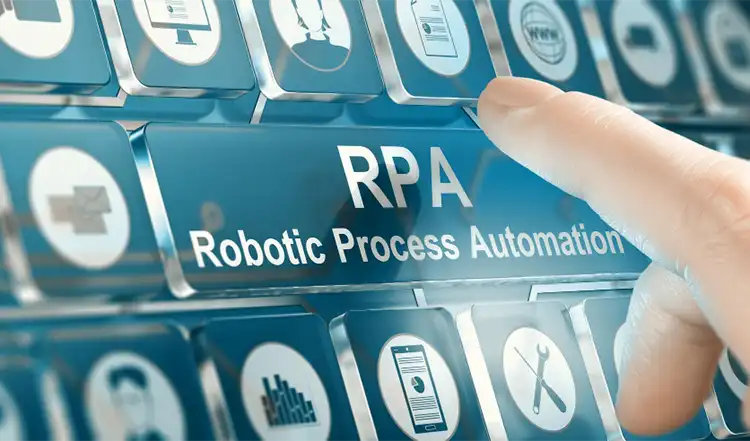
In today’s fast-paced and ever-evolving business landscape, companies are constantly searching for innovative ways to optimize their processes and stay ahead of the competition. That’s where the power of AI and RPA (Robotic Process Automation) comes into play. These cutting-edge technologies have revolutionized the way businesses operate, offering a myriad of benefits that can significantly enhance efficiency and productivity. In this article, we will explore the fascinating world of AI and RPA and delve into how they can transform business process optimization.
AI, or Artificial Intelligence, refers to the ability of machines to simulate human intelligence and perform tasks that typically require human cognitive abilities. RPA, on the other hand, involves the use of software robots or “bots” to automate repetitive and rule-based tasks. By combining the power of AI and RPA, businesses can unlock a whole new level of process optimization. From streamlining workflows to reducing errors and enhancing decision-making, the possibilities are endless. So, let’s dive deeper into the world of AI and RPA and discover how they can revolutionize your business operations.
With a captivating blend of AI and RPA, businesses can achieve unprecedented levels of efficiency and productivity. By automating repetitive tasks, these technologies free up valuable time and resources, allowing employees to focus on more strategic and value-added activities. Moreover, AI’s ability to analyze vast amounts of data and draw insightful conclusions enables businesses to make data-driven decisions and optimize their processes for maximum results. So, if you’re ready to unlock the potential of AI and RPA in business process optimization, buckle up and get ready for an exciting journey!
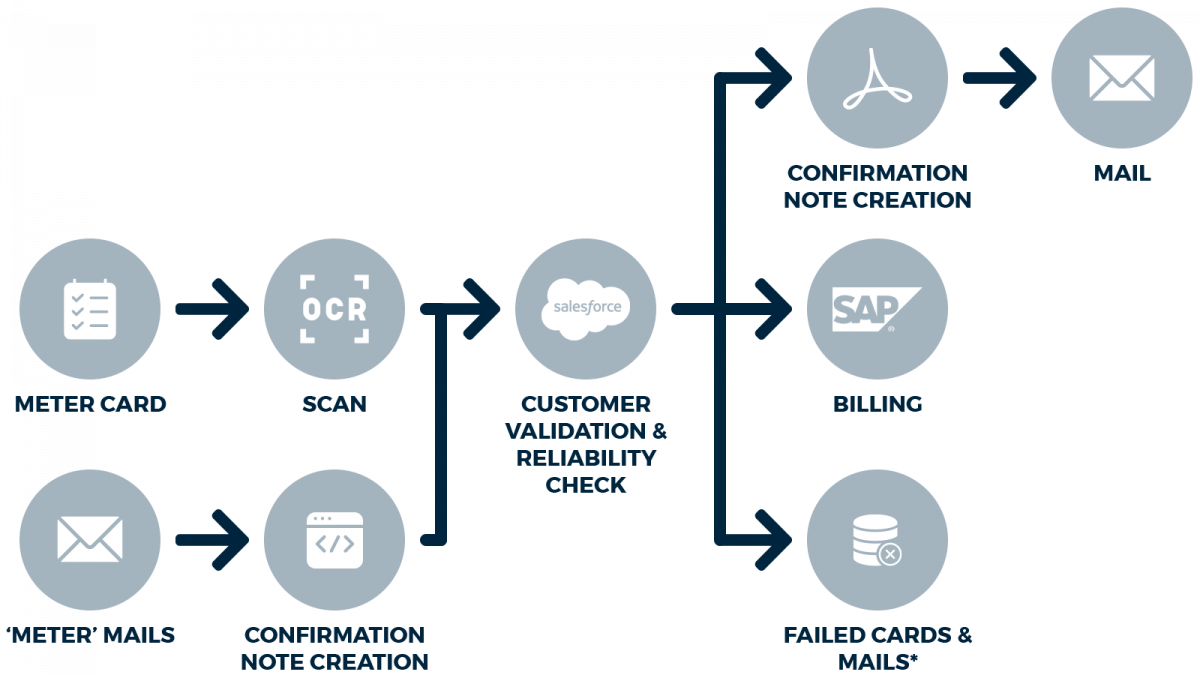
Artificial Intelligence (AI) and Robotic Process Automation (RPA) are two powerful technologies that have revolutionized the way businesses operate. By harnessing the capabilities of AI and RPA, organizations can streamline their processes, improve efficiency, and enhance overall performance. In this article, we will explore the immense potential of AI and RPA in optimizing business processes and driving success.
Automation for Enhanced Productivity
In today’s fast-paced business landscape, organizations are constantly seeking ways to increase productivity and reduce manual effort. This is where AI and RPA come into play. AI-powered chatbots and virtual assistants can handle customer queries and perform various tasks, freeing up valuable human resources and allowing employees to focus on more strategic activities. RPA, on the other hand, can automate repetitive and rule-based tasks, such as data entry and invoice processing, leading to significant time and cost savings.
AI and RPA also enable businesses to achieve higher accuracy and precision in their operations. By eliminating the risk of human error, organizations can ensure consistent and reliable output, which is crucial for maintaining customer satisfaction and meeting regulatory requirements. Furthermore, AI algorithms can analyze large volumes of data at a speed and scale that humans cannot match, providing valuable insights and facilitating data-driven decision-making.
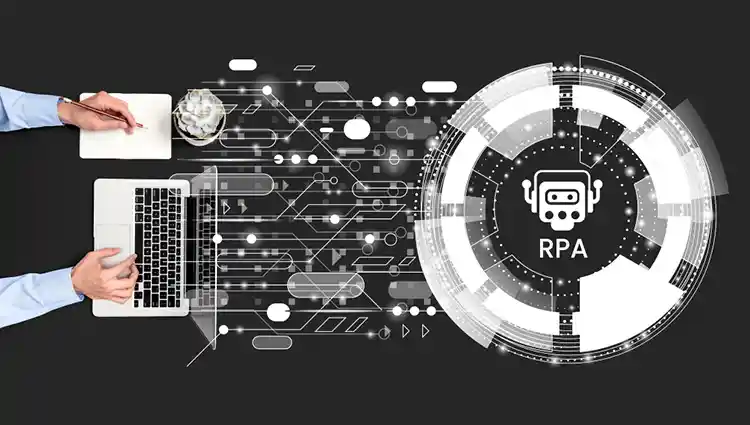
The Role of AI in Business Process Optimization
AI has the power to transform business processes by leveraging advanced algorithms and machine learning capabilities. One of the key areas where AI excels is in data analysis. By analyzing patterns and trends in large datasets, AI algorithms can uncover hidden insights and identify areas for improvement. This enables businesses to optimize their processes, enhance operational efficiency, and drive innovation.
Another way AI contributes to business process optimization is through predictive analytics. By analyzing historical data and identifying patterns, AI algorithms can make accurate predictions about future outcomes. This allows organizations to anticipate customer behavior, optimize inventory management, and make informed decisions that positively impact their bottom line.
AI can also enhance the customer experience by personalizing interactions and recommendations. By analyzing customer data and preferences, AI algorithms can tailor product recommendations and marketing messages to individual customers, increasing engagement and driving sales. Additionally, AI-powered chatbots and virtual assistants can provide instant and personalized support, improving customer satisfaction and loyalty.
In conclusion, AI and RPA have immense potential in optimizing business processes and driving success. By automating repetitive tasks, increasing productivity, and leveraging advanced analytics, organizations can streamline their operations, improve efficiency, and deliver exceptional customer experiences. Embracing AI and RPA is no longer a choice but a necessity for businesses looking to stay competitive in today’s digital era.
The Power of AI and RPA in Business Process Optimization
- AI and RPA help businesses automate repetitive tasks, saving time and increasing efficiency.
- By analyzing data, AI can provide valuable insights and predictions, aiding decision-making processes.
- RPA can streamline workflows by automating manual processes, reducing errors and improving accuracy.
- AI and RPA technologies can be integrated into existing systems, enhancing overall business operations.
- Implementing AI and RPA can lead to cost savings and improved customer satisfaction.
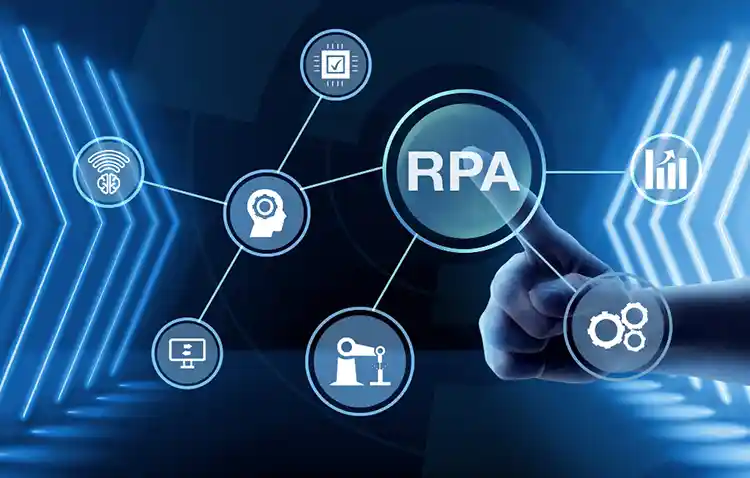
Frequently Asked Questions
What is the role of AI in business process optimization?
Artificial Intelligence (AI) plays a crucial role in business process optimization by automating and streamlining repetitive tasks. AI algorithms can analyze large amounts of data and make predictions or recommendations based on patterns and trends. This allows businesses to make more informed decisions and improve operational efficiency. By leveraging AI technology, businesses can reduce errors, increase productivity, and enhance customer satisfaction.
Furthermore, AI can also be used to automate complex processes that require human intelligence, such as natural language processing and image recognition. This enables businesses to free up valuable resources and allocate them to more strategic tasks, resulting in cost savings and improved performance.
What is RPA and how does it contribute to business process optimization?
Robotic Process Automation (RPA) is a technology that uses software robots or “bots” to automate repetitive and rule-based tasks. These bots can mimic human actions and interact with various systems, applications, and databases to perform tasks such as data entry, data extraction, and report generation.
RPA contributes to business process optimization by reducing manual errors, improving process accuracy, and increasing operational efficiency. By automating mundane tasks, RPA allows employees to focus on more value-added activities, such as customer interaction and strategic decision-making. Additionally, RPA can work 24/7, increasing productivity and enabling faster turnaround times.
How does the combination of AI and RPA enhance business process optimization?
The combination of AI and RPA offers a powerful solution for business process optimization. AI algorithms can be integrated with RPA bots to enable intelligent automation. This means that the bots can not only perform repetitive tasks but also make intelligent decisions based on data analysis and machine learning.
By leveraging AI capabilities, RPA bots can learn from past actions and continuously improve their performance. They can adapt to changes in data patterns, identify anomalies, and make real-time adjustments. This enhances the accuracy, efficiency, and effectiveness of business processes, leading to better outcomes and increased competitiveness.
What are the benefits of implementing AI and RPA in business process optimization?
Implementing AI and RPA in business process optimization offers numerous benefits. Firstly, it reduces human errors and improves process accuracy, leading to higher quality outputs. Secondly, it enhances operational efficiency by automating repetitive tasks and freeing up human resources for more strategic activities.
Additionally, AI and RPA enable faster processing times and shorter turnaround times, improving customer satisfaction. They also provide valuable insights by analyzing large amounts of data, helping businesses make data-driven decisions. Moreover, the implementation of AI and RPA can result in cost savings through increased productivity and reduced operational costs.
What are the potential challenges of adopting AI and RPA in business process optimization?
While AI and RPA offer significant benefits, there are some challenges associated with their adoption in business process optimization. One challenge is the initial investment required for implementing the technology and training employees to work with it effectively.
Another challenge is the potential resistance to change from employees who may fear that automation will replace their jobs. It is important for businesses to provide proper training and communication to address these concerns and ensure a smooth transition.
Data security and privacy are also important considerations when implementing AI and RPA. Businesses need to ensure that sensitive data is protected and that proper security measures are in place to prevent unauthorized access.
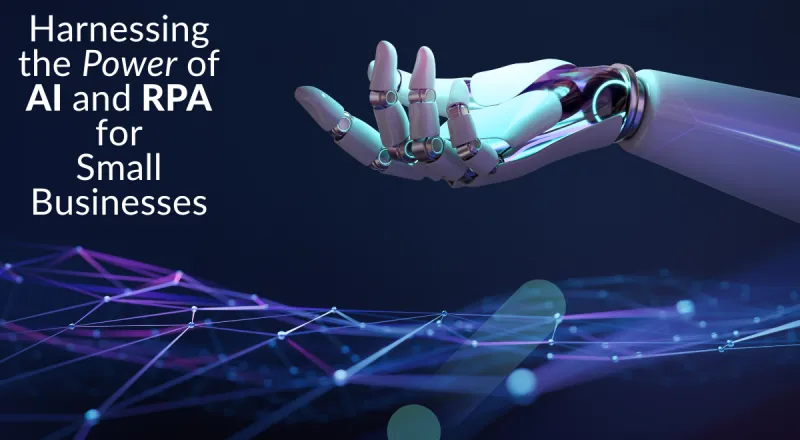
Final Summary
As we wrap up our exploration of the incredible potential of AI and RPA in business process optimization, it’s clear that these technologies have revolutionized the way organizations operate. The fusion of artificial intelligence and robotic process automation has paved the way for increased efficiency, cost savings, and improved customer experiences.
By harnessing the power of AI, businesses can leverage intelligent algorithms and machine learning to automate repetitive tasks, analyze vast amounts of data, and make data-driven decisions. This not only saves time but also enables businesses to uncover valuable insights that would have otherwise remained hidden. Moreover, RPA acts as a digital workforce, seamlessly integrating with existing systems and performing tasks with unparalleled accuracy and speed. The combination of these two technologies creates a formidable force that empowers businesses to streamline their operations and achieve new levels of productivity.
In conclusion, the marriage of AI and RPA offers a transformative solution for business process optimization. As organizations continue to embrace these technologies, they will unlock endless possibilities for growth, innovation, and competitive advantage. The future is bright for those who are willing to embrace the power of AI and RPA and harness it to its full potential. So, let us embark on this exciting journey and witness the remarkable transformation that awaits us in the realm of business process optimization.

